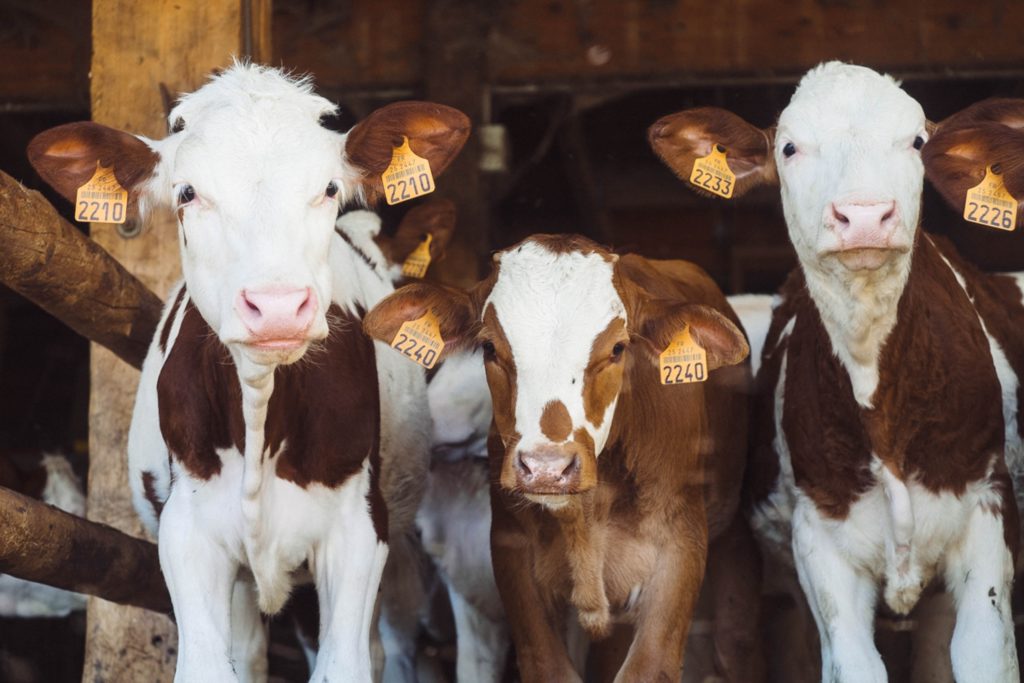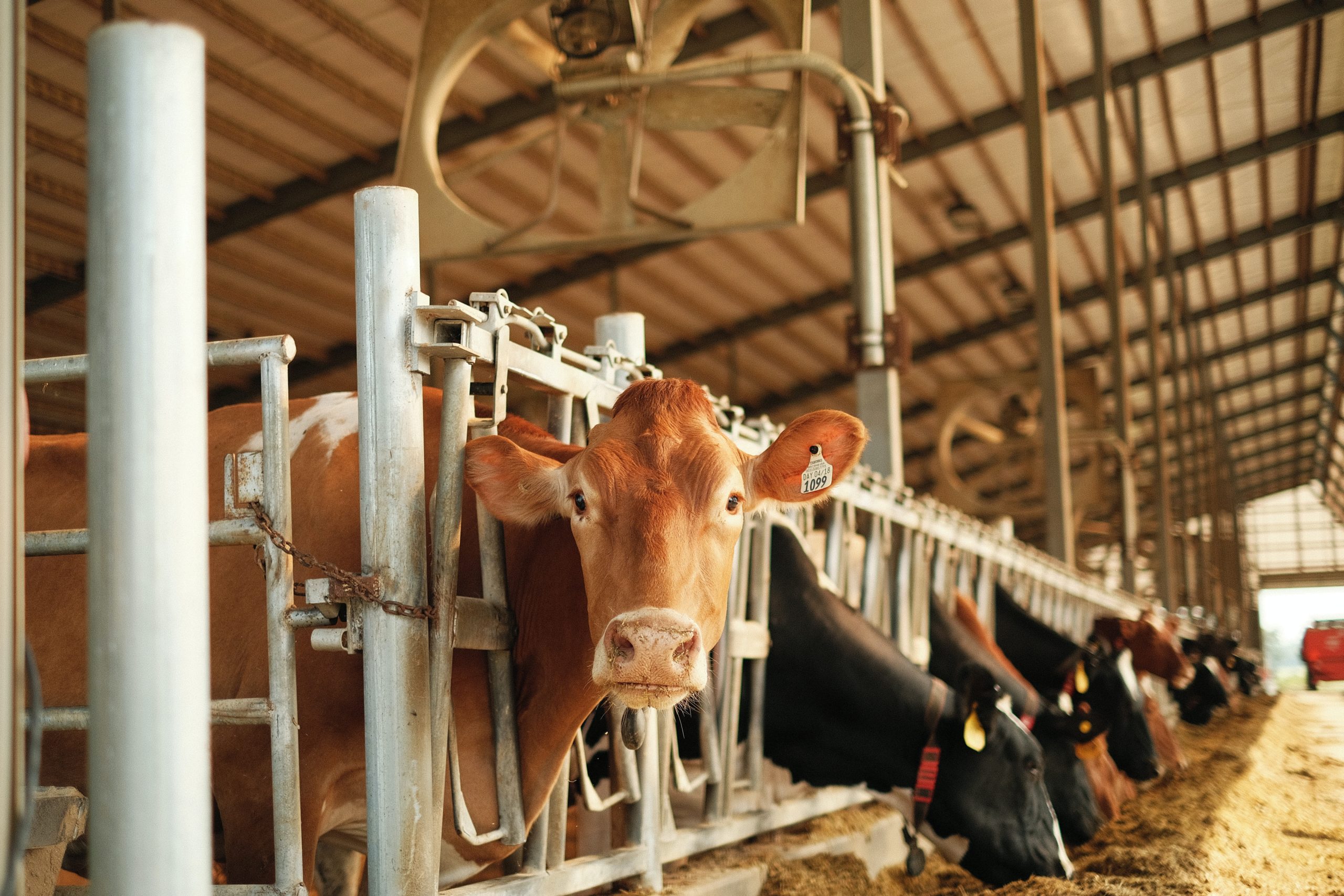High Methane Food Consumption Must Drop to Meet Paris Agreement Targets, Study Finds
3 Mins Read
According to a recent study, if emissions from food production continue at their current levels, they will cause at least 0.7°C of global warming by the end of the century.
The study, published in the journal Nature Climate Change, reveals that the vast majority of these emissions come from high-methane foods such as rice and ruminant livestock like cattle. The researchers estimate that 75 percent of food-related heating is caused by these types of foods.
This means that, even without accounting for the impact of fossil fuels, food production emissions alone could cause the world to exceed the 1.5°C limit — a key threshold established by the Paris Agreement.
Agricultural emissions
The study authors looked at 94 different types of food and their individual greenhouse gas emissions. Their findings suggest that the temperature rise could be cut by 55 percent just by reducing meat consumption in wealthy countries to medically recommended levels, decreasing emissions from livestock and manure, and using renewable energy in the food system.

“Reducing emissions from the food system is critical to achieving our climate goals,” lead study author Catherine Ivanovich, who led the research at Columbia University, said in a statement. “It’s not just about reducing emissions from fossil fuels – we also need to address emissions from food production if we want to limit global warming to 1.5C.”
Methane is a potent greenhouse gas, with a warming effect that is 84 times greater than CO2 over a 20-year time frame.
Reducing meat consumption
“Sustaining the pattern [of food production] we have today is not consistent with keeping the 1.5C temperature threshold. That places a lot of urgency on reducing the emissions, especially from the high-methane food groups,” said Ivanovich. “We need to pay attention to the high-methane foods, which are a major driver of global warming.
“This means reducing meat consumption in rich countries, and finding ways to reduce emissions from livestock and rice production,” she said.

The researchers say adopting a healthy diet, like the one recommended by Harvard Medical School, which allows for a single serving of red meat a week, could reduce the temperature rise by 0.2°C.
Currently, only a third of countries have policies aimed at cutting agricultural emissions in their climate plans submitted under the UN Paris agreement. Ivanovich says that emissions-focused policies need to prioritize access to food and livelihoods for the world’s most vulnerable populations.




